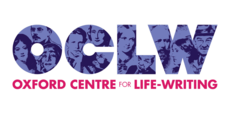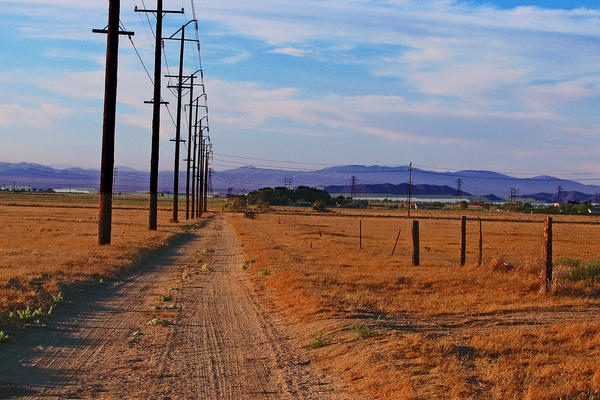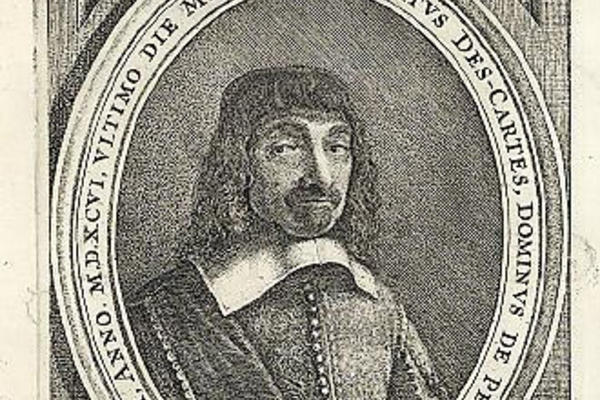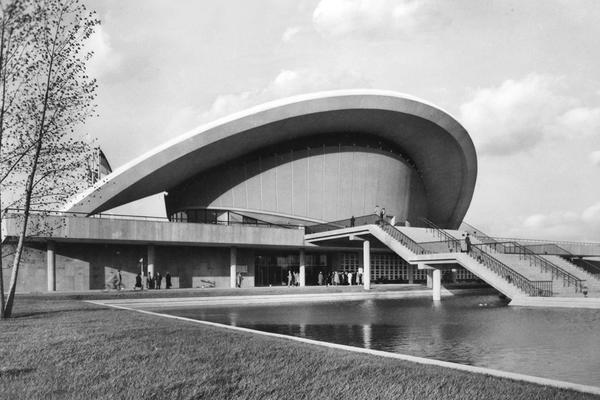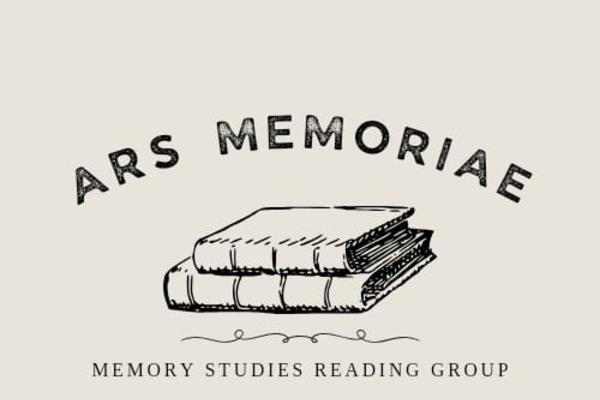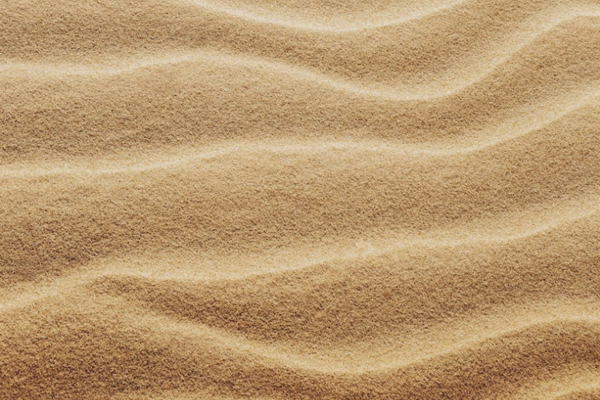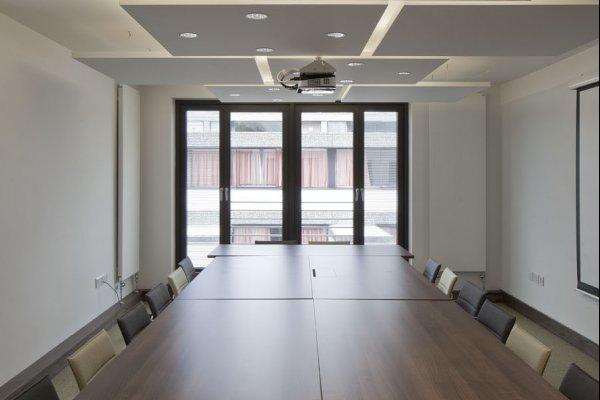Life-Writing and the Digital Sphere
By Prof Lucy Hooberman
As a Professor of Digital Media and Innovation, and before that as someone working in innovation and digital transformation at the BBC I began to tire of the rather bloodless environment of the contemporary tech and big tech world. We have enough technology. We know enough about it. But what is lacking is enough imagination to know what to do with it all for good. I wanted to test the sector with the most human of experiments, the search for lost stories and lost people. Could it unlock the secrets kept by my family?
I started to mine the digital world for information and facts, photos and testimony and to write a memoir based on digital traces alone. How far was it possible to create or recreate people in your own family that nobody had ever told you a story about before? Having been quite successful within oral history both in documentary for Channel 4 Television and for the BBC history archive and as a lover of the long-form interview what would I do without any living subjects?
For a family born of immigration, of becoming refugees and living with denial and integration I thought it might be quite scholarly as well, looking at memory studies, digital narrative analysis and embodiment as strains in my research. I chose the affordances of the digital world that I’ve been part of and studying for 24 years now. But I also chose it because my late father never ever talked about his family, and at times I have felt like what I imagine being only half a person might feel like. Looking for traces where historic archives may have burned down, and in places which have been in almost perpetual conflict is hard. And if you do find or glean fragmentary information in those places or online it needs to be woven back together if that become remotely possible.
Whilst professionally I might rail against many aspects of big tech, for this research Facebook has been my friend as a space where many people are in genealogical groups and research groups to suit my needs. I couldn’t have managed without Google at all. My favourite tech platform for research, Twitter has not been helpful for history but a little helpful for sentiment but also reigns supreme at the art of distraction. The algorithmically-driven genealogy sites too helped me forge a family tree of thousands at odds with the idea of a small family that I had always been led to believe was my destiny. But as ever with the digital world for every happy discovery there can be a shadow side.
Writing memoir even if mainly about the tributaries that lead into your own life is a provocation to history. The act of research itself starts off processes and events that throw themselves forwards into the present of your life. And then they call you to bring the past and present together. Being a Visiting Scholar in Oxford at Wolfson has enabled me to revisit my own History training and my love of French literature this chosen combination in the early days of joint degrees, not loved by the historians but cherished by students. I realise that historiography became a love of mine, in its many variations and presaged a distrust of biography at that time and a preference for memoir. I could never read Biography – I couldn’t tell where the life of the subject started and ended, and the stance of the biographer started and stopped. As a youngish history graduate the perils of historiography were etched into my being, how would it be ever possible again to know whether what someone was writing was “echt”, or whether I would constantly have to research the cultural historical and linguistic background of any writer to know what it is I was reading? Memoir then became a more honest form of writing or reading to me already in the 80s and early 90s constructed more transparently perhaps when my favourite books were stories of people searching for their past: Michael Ondaatje’s Running in the Family; Ronald Fraser’s In Search of the Past and later Pontalis’ Love of Beginnings. Yet I don’t recall any of these being called “memoir” at the time.
Discovering your life through the stories of others, and life itself through the stories of others interviewed became my work as I turned to documentary programme making and the long form oral history interview for my documentary and later academic research work. Life Writing now encompasses many diverse forms, and the Visiting Scholars in the group that meets once a week in term time are very generous with their thoughts, comments and recommendations. They make the painful process of putting one’s self into the writing something that can be discussed at the level of personal and professional experience and that then creates a shared body of work and language which, in turn, helps spur on the more solitary experience of writing.

